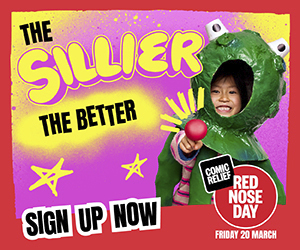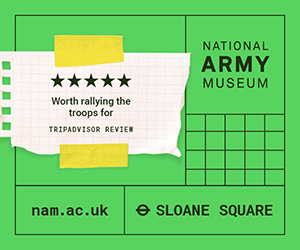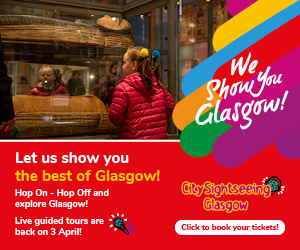Primary Times - the definitive what’s on and where to go family guide of activities and events for children of primary school age. Things to do with your kids during the school holidays including arts and craft activities, music and theatre for children, parties, competitions, days out, and family attractions along with term time drama schools, dance classes, after school clubs and sports activities. Things to do at a place near you!
What is infant mental health and why does it matter so much during COVID-19?
Infant Mental Health is the term often used to describe the capacity of a child, during the first three years of life.
It is the capacity to:
- form close relationships;
- recognise and express emotions; and
- explore and learn about their environment
Babies are wired for connection! During pregnancy and infancy, it is obvious how physically reliant babies are on their parents and caregivers. They are also socially and emotionally connected to us in so many fascinating ways. The way we interact with babies and infants literally shapes their brain development. This occurs particularly during pregnancy, and continues up to the age of three years, when our brains are growing at the fastest rate. We now know that ‘mirror neurons’ in the brain mean that how we act and interact with our children explains their ‘copy-cat’ behaviours. It all sounds like a huge responsibility but in fact, it’s the small, day-to-day interactions with babies and infants that make the greatest difference.
Serve and return
Babies are like scientists, exploring the world around them by sending out messages to see what happens, how things work, and where they fit in! They serve the ball and wait for us to return it. ‘The ball’ might be a cry, a smile, eye contact, a word, or stretched out arms. For our ‘serve’ we can offer physical touch and comfort, calm tone of voice, eye contact, smiles, repeated words, and praise. When we respond positively and meet their needs, babies develop trust, attachment, and confidence in us as caregivers.
Good enough is good enough
Infant mental health is not about perfection. It is hugely important that we don’t create unrealistic expectations for ourselves, our babies, and our relationships, particularly in these challenging circumstances. Pregnancy and early parenthood can be exhausting, and we all learn as we go. If we can be consistent and predictable in our responses most of the time, we are winning! Our goal is to enable as much attuned ‘serve and return’ interactions as possible, and to try and find a way of repairing and reconnecting when things go wrong. Compassion for yourself as a parent finding it tiresome and hard trying to meet the constant demands of your children during lockdown is essential to your emotional wellbeing. Intense feelings are inevitable. It’s the ability to repair them with a hug or cuddle by soothing pain, hurt, or anxiety. Think of difficult behaviours, including our own, not as bad, but as stressed or distressed. Self-compassion is key.
Parental emotional wellbeing
Being kind to yourself is about self-compassion, self-care and self-forgiveness when you fail to live up to your own expectations. Your children don’t need perfect parents they just need good enough ones!
Parents need support to meet the challenges of parenthood. During these strange and unsettling times when our extended support networks are not physically available to us, it is even more important than ever to be kind to ourselves, and acknowledge difficult feelings. Parents of babies in neonatal or other in-patient units, face specific challenges during this time.
Look after yourself as best you can. That might mean taking a longer shower when you get the chance, enjoying a cup of tea, spending a few minutes in the garden if you can, or just having a chat with a trusted friend. Don’t feel the need to take on extra challenges, or be highly productive. If your mood is persistently low and you are more tearful or irritable than is manageable, ask for help from your midwife, GP, or health visitor as early as possible. You deserve it, and so does your baby.
Anxiety and depression can affect anyone at any time. That includes Dads too. The earlier you get help the better.
Deirdre McAliskey from NCB (NI) and Maurice Meehan, PHA
Useful links:
COVID-19 advice for pregnant women and parents: www.ni-maternity.com
Infant Mental Health Framework for Northern Ireland: www.publichealth.hscni.net/publications/infant-mental-health-framework-northern-ireland
twitter.com/AwareNI/status/1244610454393180161?s=20
Free access to Solihull Approach antenatal course Getting Ready for Baby: https://inourplace.heiapply.com/online-learning/ Use access code: NIBABIES
Association of Infant Mental Health UK’s short clip video series on Getting to Know Your Baby: https://aimh.org.uk/getting-to-know-your-baby/
Tiny Life premature baby charity for Northern Ireland: http://www.tinylife.org.uk/






